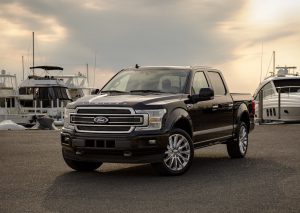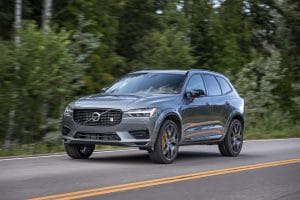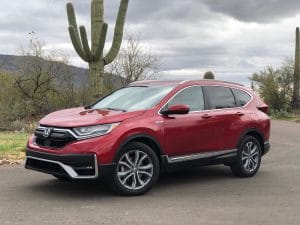The second day of sales results saw the final member of the Big Three – Ford – report second quarter results that mimicked those of their Detroit-based rivals: down.
Ford’s overall Q2 sales were down 33.3%, the company revealed, adding that its retail business outperformed the industry average declining just 14.3 percent. That performance helped the automaker grow its market share an estimated full percentage point to 13.3% — Ford’s best retail share quarter in five years.
Much like the other Detroit automakers, Ford’s sales were led by its pickup portfolio, where it also gained share points. F-Series Q2 overall sales total 180,825 pickups, increasing its retail market share an estimated 2.6 percentage points. The Ranger posted an overall sales gain of 19.8% in Q2 with sales of 25,008.
(GM, FCA, NIssan suffer big drop in second-quarter sales.)
“Our performance in Q2 was really driven by Ford and our dealers’ deep commitment to customers and quick action taken to support our customers during these unprecedented times,” Mark LaNeve, Ford vice president, U.S. Marketing, Sales and Service.
“Our support programs continue with our recent introduction of ‘Ford Promise’ to provide extra security during these difficult times. It’s another way Ford is standing with hard-working Americans.”
There always seems to be one brand that bucks the trend despite the pandemic and in June – where automakers saw a drop of about 30% – it was Volvo.
Volvo Car USA achieved its best June sales result since 2006 with 10,385 cars sold in June 2020. The result represents a 4.5% increase compared with June 2019 and underpins the strength of the brand and its commercial operations, becoming the only carmaker to post a gain in the face of sales drop spawned by the COVID-19 pandemic.
“Once more I have to give kudos to the various Volvo teams that have worked relentlessly during these challenging times, especially those in our retailer network who are working every day to ensure our stores are clean and safe for our customers,” said Anders Gustafsson, president and CEO of Volvo Car USA.
Meanwhile, other carmakers reported a sharp decline in sales right across the board.
(Toyota sees retail market bouncing back fast, but warns there could be “lumps” ahead.)
General Motors said its sales dropped 34% in the second quarter while Fiat Chrysler reported a 39% decline for the quarter ending June 30 and BMW said its sales dropped 39.3%. Nissan reported a 49% decline for the quarter.
Honda said its sales declined 28.1%, Acura fell 26.5% Toyota Motor North America said its sales dropped 26% during the month of June. Hyundai sales also dropped 22%, Volkswagen’s fell 29%, Porsche sales fell 19.9%, Subaru fell 12% and Mazda’s sales declined 10.9%.
Another closely watched figure, GM reported selling 120,784 Silverado pickup trucks, while FCA 117,448 Ram pickup trucks.
“June sales took another hit, as expected, and available data suggests we are looking at a year-over-year volume decline of 25-30%,” said Stephanie Brinley, a senior analyst with IHS Markit. “Overall, industry trends from prior to the pandemic appear to be holding, with buyers who do venture out continuing to opt for pickups and utility vehicles, even with some fresh passenger cars on market.
“Though for much of 2020 pick-up sales outpaced industry performance, indications are that utility vehicle segments saw a smaller y/y decline in June, while pick-ups performed about the same as the overall market. Passenger cars sales continue to drop at a faster rate than the rest of the market.”
Jonathan Smoke, chief economist for Cox Automotive, said it also appears that the market is beginning to build up as the various states lifted restrictions on economic activity put in place when the pandemic emerged as a threat to public health. Several states, however, have begun to place the re-opening of the economy on hold.
“The market is losing the upward momentum that it enjoyed in May and early June,” Smoke said. “The challenge ahead begins with the increasing number of COVID-19 cases that’s causing consumer sentiment to decline again.
(Tesla tops Toyota as world’s most valuable automaker.)
“It also appears the pent-up demand that gave us a much stronger recovery in May and June is waning. Dealer inventory remains challenged as well. When you add it up, it looks like the industry will be heading into an even more challenging sales environment in July.”




